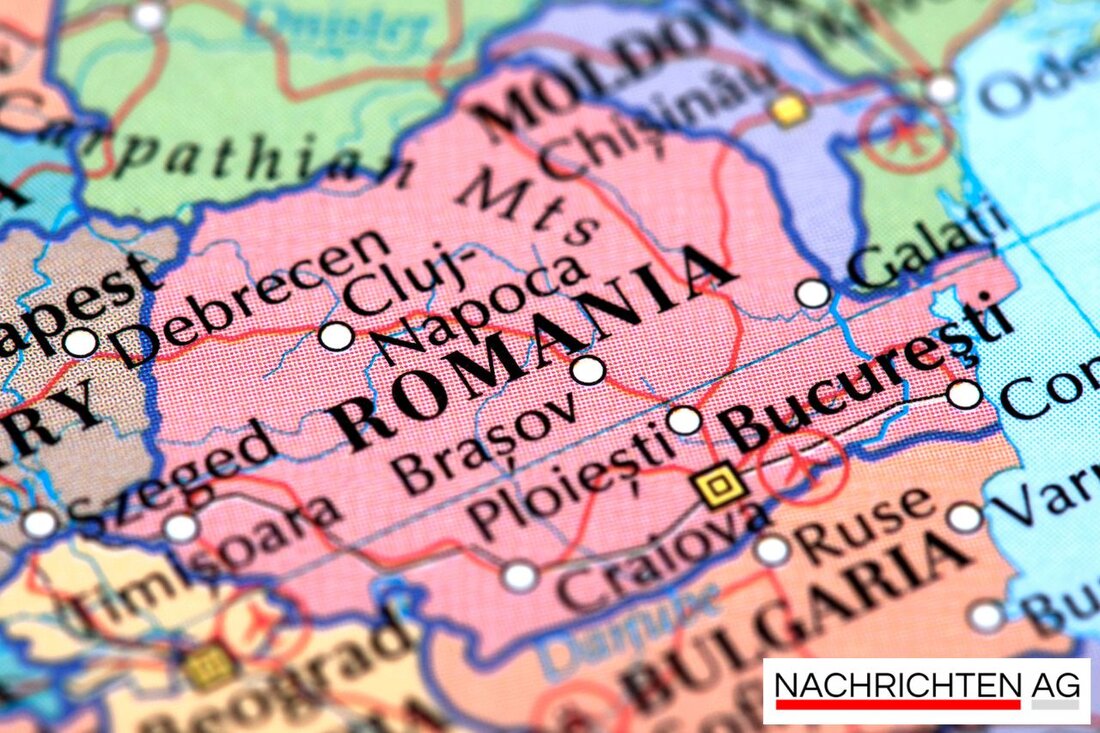Counterfeit scandal: Cologne retailer sells luxury fashion for 1.7 million euros
Counterfeit luxury brand clothing was discovered in the Cologne area. A 64-year-old is on trial for a sales network.

Counterfeit scandal: Cologne retailer sells luxury fashion for 1.7 million euros
In the Cologne area, a 64-year-old is standing before the regional court and has to answer for his alleged involvement in a criminal network that sold counterfeit branded clothing. The public prosecutor's office assumes a turnover of a whopping 1.7 million euros, achieved through the sale of imitations of renowned brands such as "Hugo Boss", "Armani" and "Adidas". In a raid, 330 boxes of counterfeit clothing were discovered, which were brought to Germany by truckloads from the Netherlands reports the Kölner Stadt-Anzeiger.
The defendant, whose exact role in the network has yet to be revealed, states that he was never financially constrained to be involved in the counterfeiting. He claims that after a raid in 2016 he only tried to continue the business after he had already found out about the machinations. Nevertheless, he has built up a good business in recent years by operating on platforms such as Ebay under names such as “Fashion Store” and “Trend Fashion”.
Distribution and sale of counterfeits
The counterfeit branded goods were not only sold in Germany; it also found its way to countries such as France, Austria, Norway, Romania, Switzerland and even Turkey. An example of this trade was the sale of 300 counterfeit “Hugo Boss” T-shirts to a textile retailer, which changed hands for around 12,900 euros. Sweaters from “Lacoste” and polo shirts from “Fred Perry” were also sold through the same channels, which underlines the professionalism of the system, according to the investigators Cologne City Gazette.
Trademark rights and the dangers of counterfeiting are highly topical topics. According to Zoll.de , most of these goods infringing intellectual property rights come from non-EU countries. It is important to note that counterfeits deceive not only manufacturers but also consumers by pretending to be legally purchased and high-quality products.
Rules and measures against product piracy
Customs authorities have clearly defined rules to combat illegal trade in counterfeit goods. If a violation of the law is suspected, goods may be confiscated. In Germany, we are experiencing enormous economic damage: it is estimated that up to 30 billion euros are lost every year due to product piracy, which even results in the loss of around 50,000 jobs , as can be read on Wikipedia.
In the course of the negotiations, six more days of negotiations will be scheduled in the coming days in order to shed light on the entire scope of the case. The defendant will continue to emphasize that he was not a central figure in the counterfeiting business. Whether his arguments will be sufficient remains to be seen. Meanwhile, another incident in Kalk, in which a 20-year-old was searched by customs on suspicion of dealing in counterfeit luxury clothing, is attracting additional attention and perhaps even a tightening of the list of our protective measures against product piracy
.
Purchasing counterfeit goods is a lucrative but risky business for many - both for suppliers and buyers. It is clear that the fight against counterfeits is far from over. The industry must continue to actively combat such practices in order to best protect the rights of consumers and brand owners.

 Suche
Suche
 Mein Konto
Mein Konto